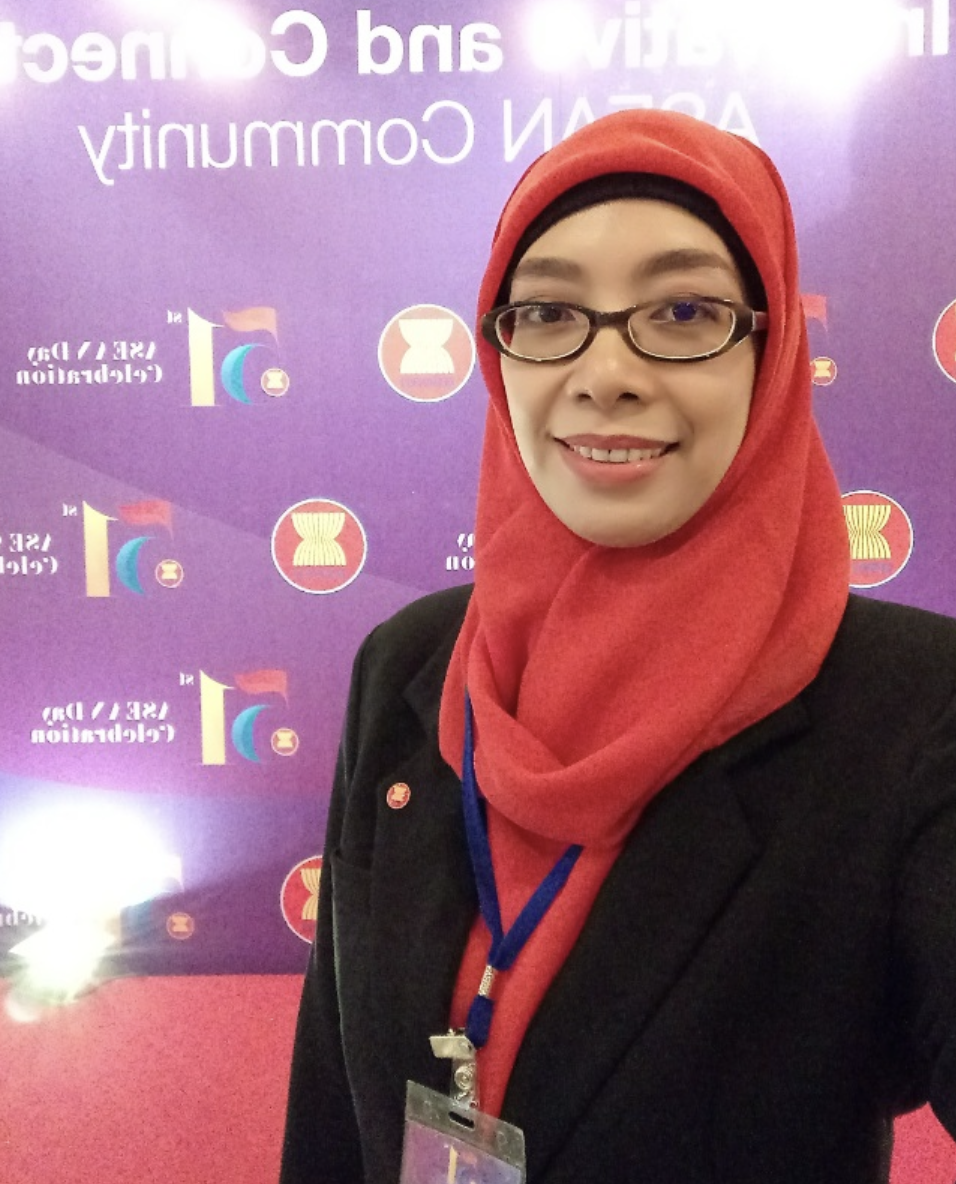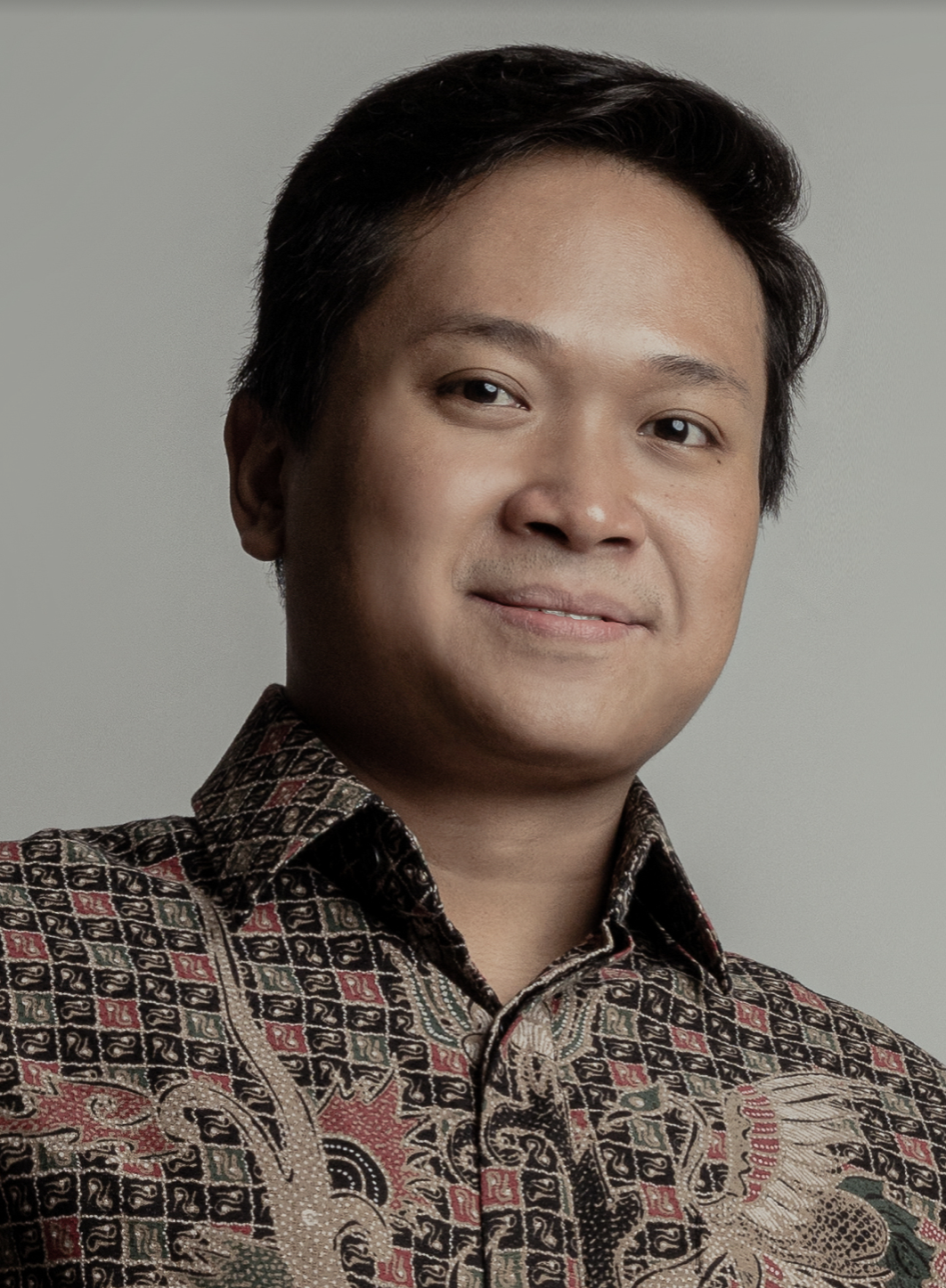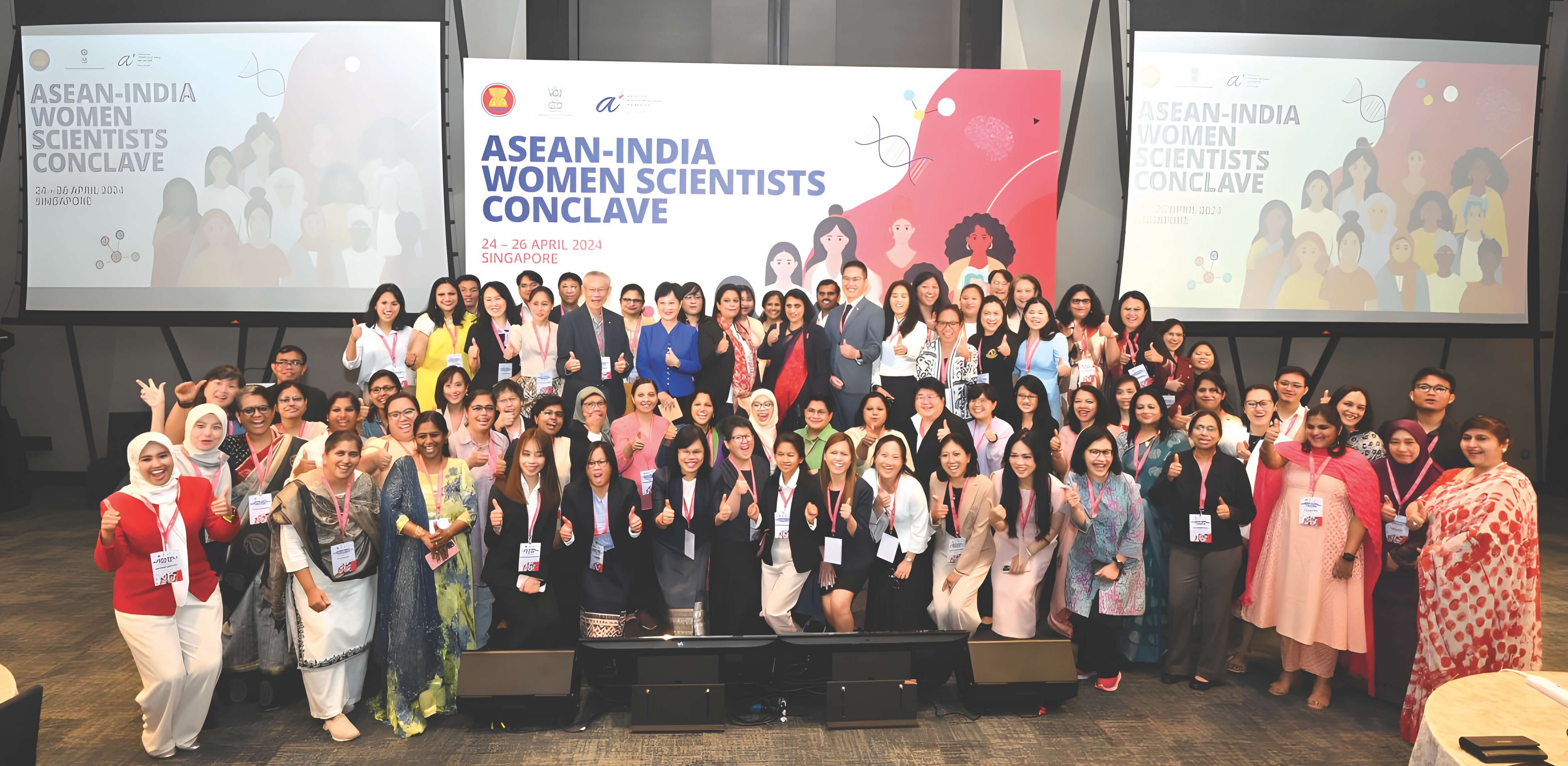






Creating Jobs, Bringing ASEAN Closer to SDGs
The care economy is important to ASEAN’s resilience. The demand for care workers in the region will continue to grow rapidly, especially with an ageing population and increasing demand for care.
Demand for care is intensifying. Demographic developments in ASEAN are driving the rising demand for care infrastructure and services. Falling birth rates and increasing life expectancy will exacerbate labour shortages and heighten the need for elder care and general health care. Almost 40 per cent of all projected job opportunities in emerging professions—in childcare, eldercare, nursing, therapy, and well-being—will be created in the care sector (World Economic Forum, 2021).
The COVID-19 pandemic also shines the spotlight on social inequalities and the fragility of the care economy. Women bear a heavier workload than men during the pandemic, and there is an overall increase in unpaid care and domestic work during the health crisis (Asian Development Bank, 2022). The gender gap in unpaid care and domestic work affects women’s ability to engage in labour markets and aggravates the disparities that hinder women’s economic empowerment in the region (UNESCAP and ASEAN Secretariat, 2021).
Infusing more funds and resources in the care economy can alleviate inequalities and help meet multiple Sustainable Development Goals (SDGs) by 2030—on education, including formal childcare, health and long-term care, along with gender equality and decent jobs. These additional investments can potentially increase total care and care-related indirect employment to a total of 475 million workers (International Labour Organization, 2019). “This is why it is vital to advance the Care Economy in ASEAN,” said Minister of Culture, Youth and Sports of Brunei Darussalam, Dato Haji Aminuddin at the ASEAN Business and Investment Summit in 2021.
The ASEAN Comprehensive Framework on Care Economy (ACFCE) was developed during Brunei Darussalam’s ASEAN Chairmanship in 2021 to guide ASEAN’s response to complex crises and challenges, such as the impacts of the COVID-19 pandemic, changing demographics, the climate crisis; further sustainable development; and protect different segments of populations and sectors through care work and the care economy. The ACFCE was adopted at the 38th and 39th ASEAN Summits on 26 October 2021.
The framework charts out the region’s strategic priorities that address the challenges of sustaining investments in care in the region, and reframe more comprehensive, enabling and supporting ASEAN Care policies to build back better. It also aims to take advantage of the advancement of digitalisation and the opportunities brought about by the fourth industrial revolution.
To advance the implementation of the ACFCE and to discuss cooperation in promoting and implementing the care economy in ASEAN, the ASEAN Secretariat organised the 18th Coordinating Conference on the ASEAN Socio-Cultural Community (18th SOC-COM) on 24 May 2022. The Senior Officials’ Committee for the ASEAN Socio- Cultural Community (SOCA), representatives of the Chairs of the ASEAN Senior Officials’ Meeting (SOM) and the ASEAN Senior Economic Officials’ Meeting (SEOM), sectoral bodies in ASEAN Socio-Cultural Community (ASCC), and the Committee of Permanent Representatives to ASEAN attended the conference. Centres and institutions associated with ASEAN also
participated in the discussions. Invited speakers, experts and practitioners shared their field experiences and insights on the multi-sectoral aspects of the Care Economy agenda.
In his opening remarks, Ekkaphab Phanthavong, Deputy Secretary-General of ASEAN for the ASCC, highlighted, “the work ahead of us is immense despite the progress we have achieved in protecting different segments of the population and in enhancing the health, well-being, and welfare of our people in ASEAN. We need to consistently invest and continue to push policies and programmes that ensure a sustainable caring society and economy.”
To protect the sustainable development of different segments of populations and sectors, Hajah Nor Ashikin binti Haji Johari, Permanent Secretary from the Ministry of Culture, Youth, and Sports of Brunei Darussalam and SOCA Leader of Brunei Darussalam, underscored that “all countries need to work together to realise the ASEAN’s interest and confront challenges towards sustainability of the region.” She emphasised that strong partnership and cooperation remain crucial to ensure every effort is impactful to the people of ASEAN and the region.
According to leading experts and practitioners at the conference, the care economy is increasingly organised across value chains and production networks that span several countries worldwide. Sara Charlesworth, a professor of gender, work, and regulation at RMIT University, Australia, said that the ASEAN Member States and Australia share a common interest in strengthening their “local-global” care work chain to ensure the welfare and social protection of migrant care workers.
Care work is also increasingly needed as disaster impacts are magnified by climate change and other crises such as the COVID-19 pandemic. Vu Minh Hai of CARE International, Viet Nam, shared her organisation’s experience in supporting disaster management and care work in response to displacement of vulnerable groups and under conditions of food scarcity.
Countries in Southeast Asia are harnessing technology to respond to rising healthcare needs. Teh Pei Lee, professor and head of the Department of Management of Monash University, Malaysia, shared Malaysia’s experience in capitalising on technological innovations in dementia and elderly care.
She advised ASEAN to provide support to startups and entrepreneurs who can grow the region’s digital health innovation ecosystem.
The ASEAN Secretariat also presented the highlights of the UNESCAP-ASEAN study on unpaid care work and social protection in ASEAN and on potential platforms to anchor the ACFCE for greater socio-economic inclusion.
As the region recovers from the COVID-19 pandemic, new opportunities in programmes and partnerships will need to be leveraged. Harnessing these opportunities in areas of the care economy will help the ASEAN Member States reach their sustainability objectives and allow ASEAN to remain an attractive and conducive investment and partnership proposition to the world.
Key Policy and Sectoral Insights from the 18th Coordinating Conference on the ASEAN Socio-Cultural Community
- Redefine spending on care as “investment” rather than “expenditure” in recognition of the long-term returns (including employment and fiscal benefits) of care that outweigh the costs
- Harness the support of the government, private sector, the community, as well as partners and stakeholders to ensure that SDG- related opportunities can bring tangible impact to the ASEAN people
- Develop sustainable funding and platforms to invest in care, including financial instruments that can channel resources to where it is needed most and ensure the care industry and jobs are adequate to meet societal needs
- Maximise sectoral coordination to mainstream the care economy framework into sectoral work plans, especially in priority areas such as rural development and poverty eradication
- Create or utilise central platforms or mechanisms that can follow up and review the ACFCE, including leveraging on existing ASEAN mechanisms that can collect regional data, monitor progress, and conduct capacity building
- Develop data collection and analysis capabilities to capture the complexities of the care economy, including monitoring and uncovering historically neglected care activities (e.g., unpaid care, temporary and migrant care workers, and their transitions in and out of care work)
- Improve the reputation of care work, care workers, and care systems to incentivise and promote care careers, create gender equity, and minimise overwork and stress; these systems of care should consider both paid and unpaid care, as well as the provision of their safety nets and social protection
- Recognise that climate change also requires investments in care work, and the care economy should include caring for the environment and promoting green jobs and activities supporting the circular economy
- Leverage on digital skills, digitalisation, and technology to develop inclusive care economy competencies and solutions for the future
- Mobilise alternative manpower resources for care organisations and institutions, e.g., non-traditional workers and informal workers such as volunteers and part-timers for delivery of high-quality care systems; also to maximise the role of households and community to care for older persons care systems








